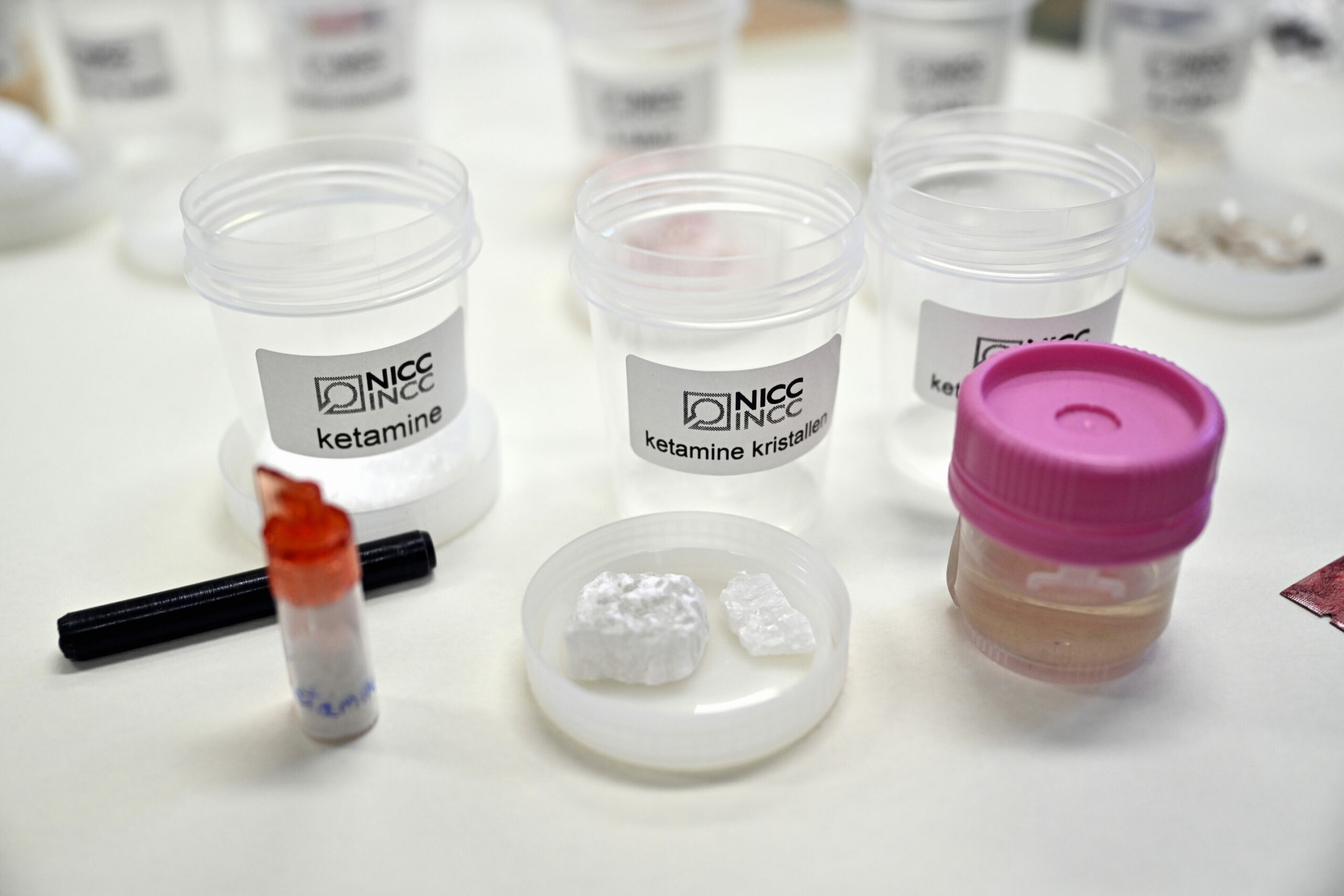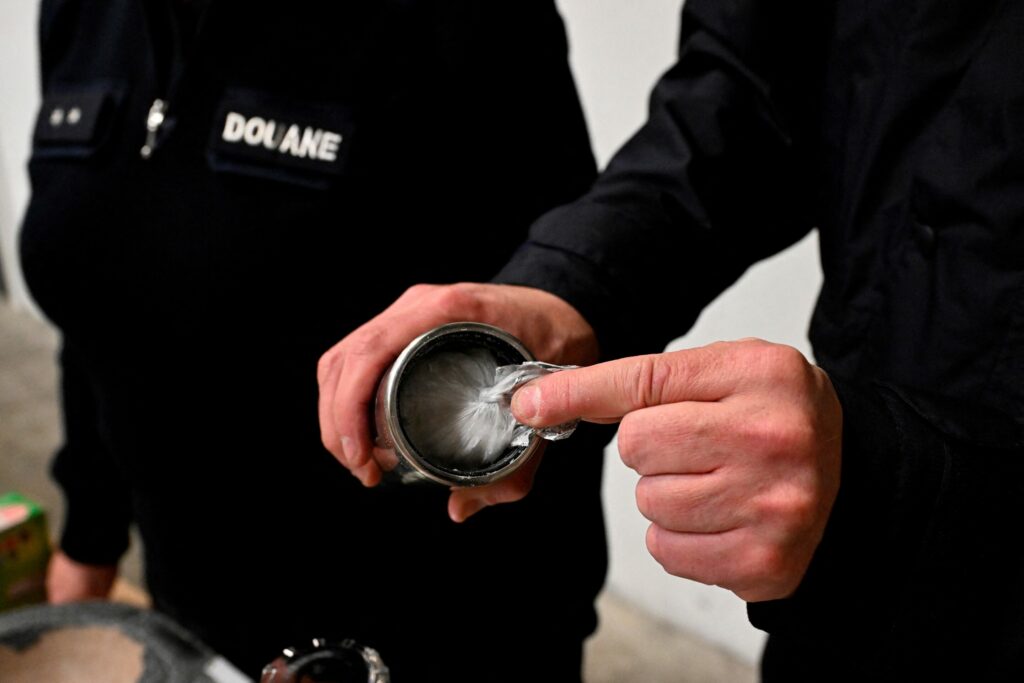After scientists at the University of Antwerp found that seven to 11 times more ketamine was found in sewage water in Belgium than ten years ago, the country's customs services have stressed that "permanent vigilance" to intercept the drug is needed.
The study showed that ketamine is more than "just" a party drug as it is also used in other contexts, including on weekdays. The European Drug Report 2024 confirmed these results, indicating that Antwerp and Rotterdam are the cities with the highest concentrations of ketamine residues.
"Ketamine consumption appears to be relatively stable throughout the year, while other drugs experience enormous peaks during holidays or festival periods," a press release by the Finance Ministry states. "As ketamine is used both inside and outside the party environment, this drug requires permanent vigilance from our customs services."
Ketamine was originally developed as an anaesthetic in hospitals and veterinary medicine. However, people are increasingly using it as an illegal drug in nightlife under names such as 'ket', 'Special K', or 'Vitamin K'. In this case, it is usually snorted.
Postal and courier shipments
In the past, ketamine was rarely used and often came from stolen (animal) medicines. Nowadays, however, chemically pure ketamine – mainly from the legal pharmaceutical circuit and then resold illegally – is increasingly common.
Additionally, there is a considerable illegal export of ketamine to countries such as the United States, Australia, New Zealand and the United Kingdom. In these countries, the street price is three times higher than in Belgium. Smuggling mainly takes place via postal and courier shipments. The drugs are hidden between all kinds of objects in quantities varying from 100 g to 20 kg.
The total number of findings and quantities of ketamine in post, courier and cargo at Brussels Airport in Zaventem and Liège Airport has remained relatively stable, with 55 findings (157.4 kg) in 2022, 54 (205.2 kg) in 2023 and 56 (167.7 kg) in 2024

Small doses of ketamine. Credit: Belga / Eric Lalmand
However, ketamine packages have been intercepted 11 times in just the first two months of this year, for a total amount of 56.8 kg – around a third of the total found last year. "Earlier this year, there was a passenger who wanted to fly to Germany with 16.4 kg of ketamine."
To combat this illegal trade, customs are working closely with authorities in other countries. Additionally, controlled onward deliveries are carried out so dealers can be arrested in the destination countries. The main partner for these deliveries is the United States, but there were also deliveries to Taiwan, Denmark and Israel.
In its latest report, the International Narcotics Control Board also stated that parts of Europe have seen an increase in the non-medical use of ketamine. "Evidence suggests that ketamine is consistently available in several national illicit drug markets across Europe. There is a need for closer monitoring of the substance, combined with enhanced international collaboration to counter its illicit distribution."
Effects
Ketamine causes sedation and pain relief, with dreamy, floating highs but also hallucinations. It can lead to nausea, disorientation and psychoses. With too high a dose, it can also cause a serious oxygen deficiency. Ketamine use increasingly causes dangers in traffic and is used as a 'date rape' drug.
Long-term use can lead to serious health problems, such as brain damage and "ketamine bladder syndrome," resulting in permanent damage to the bladder and kidneys. There is also a high risk of psychological dependence.
Ketamine is only regulated as a narcotic in six Member States (including Belgium), so it does not have the same legal status everywhere. In the Netherlands, for example, it is a regulated substance but does not fall under the Opium Act.
To discuss these challenges and to investigate the evolution of the ketamine epidemic, consultations are taking place at the EU level so that this problem can be tackled in a coordinated manner, according to the press release. "Permanent vigilance is needed."

